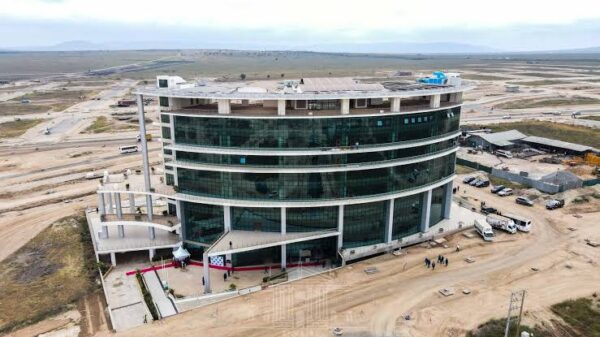TOKYO, Feb 5 – The euro slid to a fresh eight-month low in Asia on Friday as investors dumped the currency owing to growing fears about Europe\’s sovereign debt problems.
The euro dropped to 1.3697 dollars in Tokyo morning trade, the lowest level since late May 2009, from 1.3726 in New York late on Thursday. The dollar rose to 89.64 yen from 89.01. The euro gained to 122.79 yen from 122.19.
The euro was pressured by the European Central Bank\’s decision to maintain record-low interest rates, as well as worries about the region\’s deepening government debt troubles, a dealer said.
"Many factors are working negatively for the currency," said Hideaki Inoue, chief forex manager at Mitsubishi UFJ Trust and Banking Corp.
The ECB welcomed Greece\’s plan to tackle its debt crisis but warned all eurozone countries to get their finances in order, with a danger of similar problems appearing next in Spain and Portugal.
"A spike in risk aversion following renewed concerns about the health of European sovereigns saw equity markets pummelled," said NAB Capital analysts wrote in a note to clients.
"Against a backdrop of heightened risk aversion and equity market weakness, investors once again sought out the relative \’safe-haven\’ of the dollar and the yen."
A Greek belt-tightening package ran into trouble Thursday as the country\’s top trade union announced a giant strike.
"Investors are fretting that social reasons may prevent necessary budgetary adjustments," said Dariusz Kowalczyk, chief investment strategist at SJS Markets in Hong Kong.
"If this was to occur, governments might be unable to fund their deficits and continue to stimulate their economies, especially if the double-dip risk materialises."
Markets were on edge ahead of official US jobs data due out later Friday, although the main focus is shifting away from economic indicators.
"Economic reports are no longer such a decisive factor to move markets," Inoue said. "Investors are watching political factors."
He cited US President Barack Obama\’s remarks on financial reform to rein in excessive speculation, as well as uneasy relations between Washington and Beijing and concerns for China\’s heated economy as key risks.


































